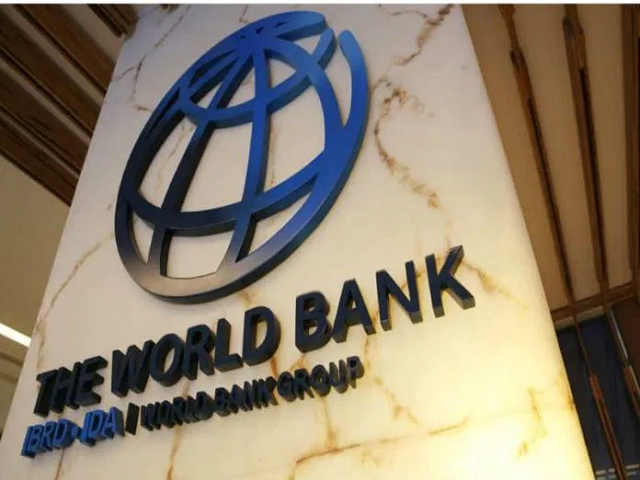The World Bank Group has unveiled a transformative approach to agribusiness, aiming to establish a comprehensive ecosystem for the industry. In a bold move, the institution plans to double its annual commitments to agribusiness and agri-finance, reaching $9 billion by 2030.
The strategic shift is driven by four key trends reshaping the global agribusiness landscape: climate change, innovative finance solutions, digitalization, and addressing industry fragmentation. With the global demand for food expected to rise by 60% in the coming decades, the World Bank Group is responding to the increasing need for food security and job creation in emerging markets.
World Bank Group President Ajay Banga emphasized the importance of this pivotal moment. “We stand at a crossroads, and the path we choose today will determine the future. The World Bank’s ecosystem approach moves us beyond fragmented efforts to a constellation of solutions, with smallholder farmers and producer organizations at the center,” Banga stated.
The ecosystem approach leverages the work the World Bank Group has undertaken over the past 16 months to become a more integrated and coordinated institution. It will draw on the strengths of the International Bank for Reconstruction and Development (IBRD) and the International Development Association (IDA) in building public sector capacity, alongside the International Finance Corporation (IFC) and the Multilateral Investment Guarantee Agency (MIGA) in offering private sector financing and risk mitigation.
This cohesive strategy aims to mobilize $5 billion in investments by 2030, supporting governments and businesses alike in fostering sustainable agribusiness practices. For instance, the World Bank’s public sector arms will help countries develop regulations to ensure compliance with export standards, while advising on critical infrastructure such as national irrigation networks and land tenure solutions. Additionally, the institution will encourage governments to repurpose fossil fuel and agriculture subsidies to promote greener practices, unlocking substantial financing for the agricultural sector.
Private sector efforts will focus on providing debt and equity funding, alongside risk mitigation, to address the challenges of market access for smallholder farmers. The recently launched World Bank Group Guarantee Platform will streamline the delivery of tailored solutions, simplifying processes for partners.
By fostering stronger connections between smallholder farmers and supply chains, the World Bank Group aims to enhance productivity and climate resilience. IBRD will work with producer organizations to help farmers become reliable suppliers, while the IFC will provide financing for equipment and help cooperatives establish partnerships with larger companies.
The World Bank Group’s comprehensive approach is expected to significantly increase agricultural productivity, improve food security, and generate jobs in emerging markets. The emphasis on climate-smart production practices will contribute to reducing emissions, leading to cleaner air and water, and ultimately, a higher quality of life for communities worldwide.













